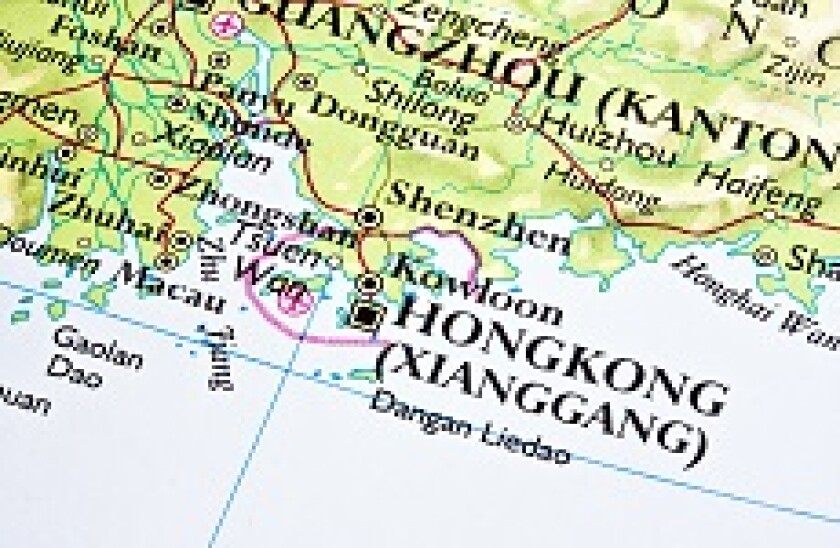Bank of Jinzhou seals $794m IPO near the bottom

Bank of Jinzhou has raised HK$6.15bn ($794m) from its IPO in Hong Kong, pricing the stock near the bottom of the range as investors remain cautious about Chinese city commercial lenders.
Unlock this article.
The content you are trying to view is exclusive to our subscribers.
To unlock this article:
- ✔ 4,000 annual insights
- ✔ 700+ notes and long-form analyses
- ✔ 4 capital markets databases
- ✔ Daily newsletters across markets and asset classes
- ✔ 2 weekly podcasts
